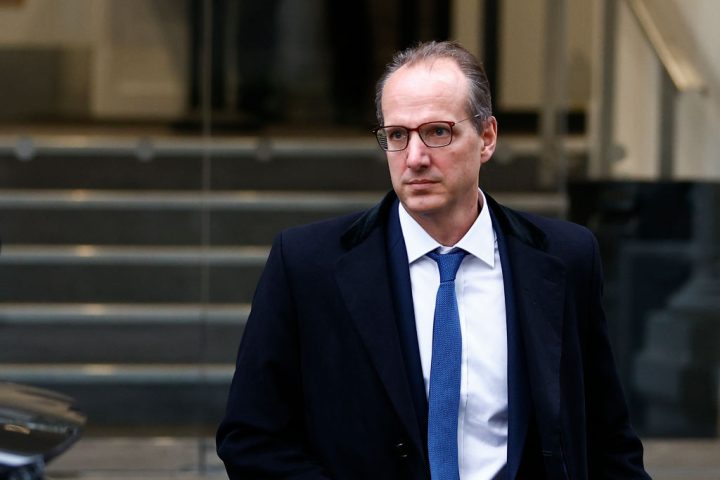The appearance at the Covid inquiry of Martin Reynolds has been a real eye-opener in some rather unexpected ways. Reynolds was one of the most senior civil servants in Downing Street in the lead-up to the 2020 pandemic, effectively acting as the prime minister’s eyes and ears. The former principal private secretary to Boris Johnson came to public attention for issuing invitations to a lockdown-breaking party in the garden of No. 10 during the first lockdown.
Reynolds’ cross examination by Hugo Keith KC, counsel for the inquiry, turned into a brutal affair. Keith referred to a message on 23 January 2020, saying two people were admitted to hospital with Covid in January. A Cobra meeting was proposed, but Boris Johnson did not chair it. Could Reynolds remember why Johnson did not chair it? No, he replied.
What appeared to be missing was even a scintilla of self-awareness of Reynolds’ own responsibilities
Keith pressed on. There was a risk of the pandemic reaching these shores. Did Reynolds know how serious the problem was outside the UK? Reynolds answered that he was aware of ‘some elements’ of this but the Cabinet Office would normally give a steer as to what was needed.
Keith tried once again, asking Reynolds: ‘Did you consider all the risks?’ Reynolds answered that there were other people in government tracking these issues. Specifics, it seems, were always a matter for someone else.
It emerged during the cross examination that Reynolds turned on a ‘disappearing message function’ on a group chat titled ‘PM updates’ on 15 April 2021. Asked why he did this, Reynolds replied that he can ‘guess’ and ‘speculate’ but he ‘cannot recall exactly why I did so’.
This inability to recall or remember precisely what exactly might have happened at some particular time and why turned out to be another common theme. He could not, for example, recall why Boris Johnson received no Covid updates for ten days while the global crisis was worsening. He said ‘with benefit of hindsight’, he accepted that No. 10 did not do enough to prepare for Covid in February 2020 and that the Cabinet Office failed to get on top of the crisis. What appeared to be missing was even a scintilla of self-awareness of his own responsibilities in the midst of it all.
Reynolds went on to reveal that Boris Johnson did not realise that his WhatsApp messages during the pandemic might later become public or that they would become important during the Covid inquiry. How would he have come to such a view and why? Reynolds acknowledged that ‘it’s fair to say that the prime minister did, as it were, blow hot and cold’, before adding that these were very difficult issues. If this was meant to be soothing or reassuring, it did not have the desired effect.
Just as damning – intentionally or otherwise – was Reynolds’ attempt to explain why the senior civil service struggled to get a grip on matters during those early critical weeks of the pandemic. Reynolds said the No. 10 machine was distracted by issues relating to Dominic Cummings, the former chief adviser to Downing Street, and described him as the ‘most empowered chief of staff ever seen’. The tensions apparently included a ‘shitlist’ of staff facing the sack. So, in the middle of the most serious health crisis to face this country, the focus of the civil service was on who might lose their jobs.
He did at least admit that he was ‘deeply sorry’ for his part in the ‘bring your own booze’ lockdown-busting event in the No. 10 garden in May 2020. His evidence sheds a damning light on the inner workings of Downing Street and the prime minister’s inner circle during a time of national emergency.
Reynolds, who resigned from his role in 2022, is an experienced mandarin and a former ambassador to Libya. It says much – and nothing good – about the standards of the civil service elite that someone so apparently hapless and lacking in wider curiosity rose to such high levels.







Comments